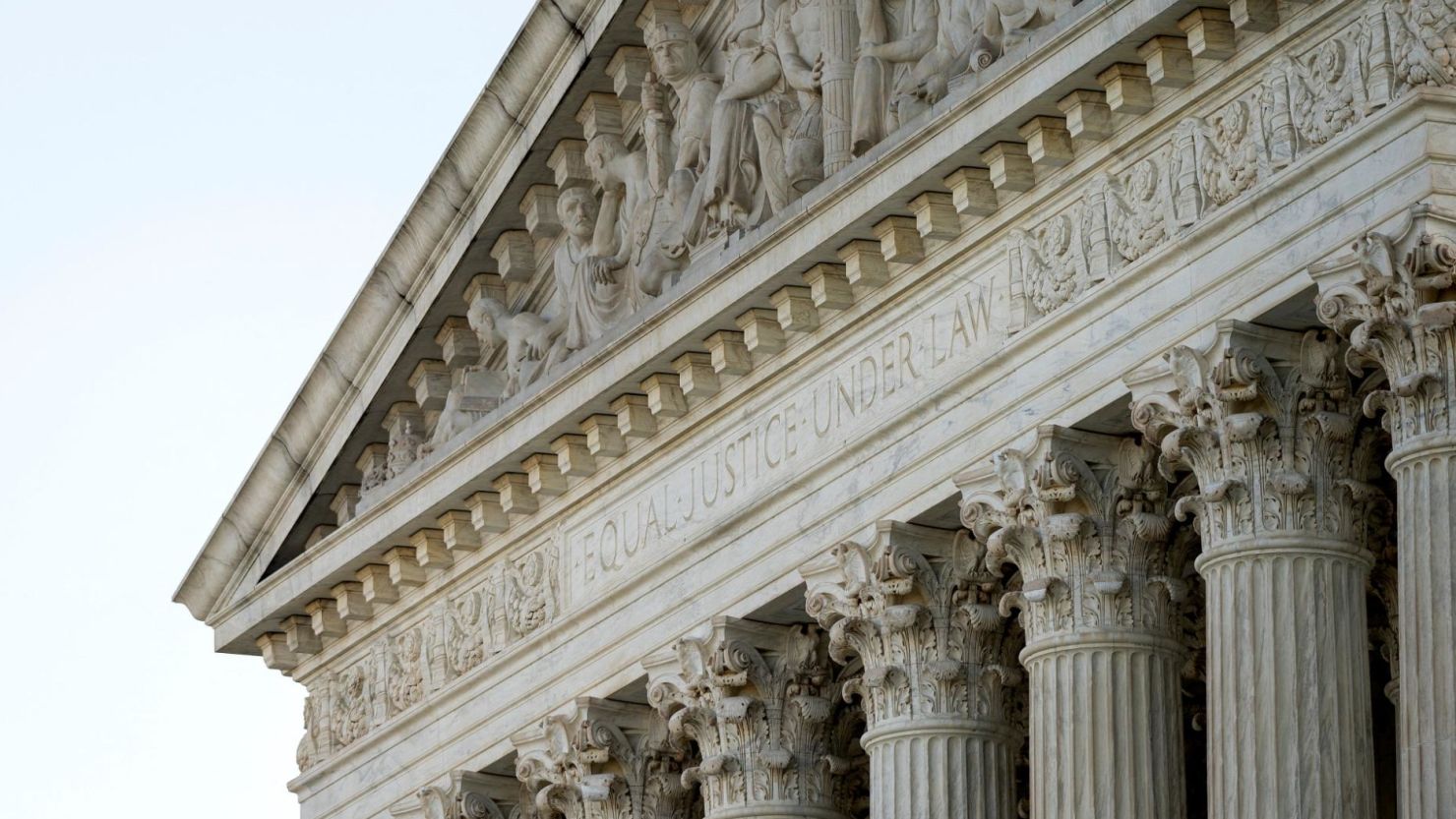A Senate panel on Wednesday zeroed in on a Democratic-led bill that would implement a range of ethics and transparency reforms at the Supreme Court, with a pair of experts urging passage of the legislation to address a “crisis” at the high court.
“If the Supreme Court isn’t going to do anything to restore the public’s trust, then it’s up to us in Congress,” Sen. Sheldon Whitehouse, who chairs the Senate Judiciary subcommittee looking into court ethics, said during the hearing.
Wednesday’s hearing comes as the court has been in the hot seat over ethics and transparency following recent media reports about Justice Clarence Thomas’ pattern of nondisclosure on his financial reports for years, and the court’s continued resistance to calls for it to implement a formal ethics code.
“Justice Thomas’s pattern of conduct is at an entirely different level of seriousness than that of his conservative and liberal current and former colleagues and requires different consequences – but the issues all of these justices have run into makes clear the need for significant reform in the court’s ethics regime,” said Donald Sherman, the executive vice president and chief counsel for the watchdog group Citizens for Responsibility and Ethics in Washington.
Though Thomas’ decision to not disclose years of luxury travel and expensive gifts that were paid for by GOP megadonor Harlan Crow, as well as a real estate deal he and his family cut with the donor, loomed large over the hearing, other justices were also front-and-center on Wednesday.
“Notably, eight of the current nine justices served on courts in which they were all required to comply with ethics rules previously,” James Sample, a law professor at Hofstra University, told the lawmakers. “It is hardly burdensome to extend regulations and recusal rules upwards when almost all of the current Justices complied with them previously when serving on lower courts.”
Whitehouse, a Rhode Island Democrat, introduced a bill earlier this year that would bring a slew of reforms to the court, including requiring it to adopt a code of conduct and create a process for the public to lodge formal ethics complaints against the justices, which would be investigated by judges selected from lower courts.
The legislation, which hasn’t gained any traction in the chamber, would also make the court beef up its recusal requirements by, among other things, setting up new rules for when justices must recuse themselves from a case and requiring the justices to explain in writing why they decided to disqualify themselves from a matter. Additionally, the bill would require the court to implement more rigorous rules for disclosing gifts, travel and income received by the nine justices and their clerks.
Amid calls by lawmakers and public interest groups for the court to adopt a formal ethics code, Chief Justice John Roberts has sought to assure the public that his court is committed to adhering to the “highest standards of conduct.”
“We are continuing to look at things we can do to give practical effect to that commitment, and I am confident that there are ways to do that that are consistent with our status as an independent branch of government under the separation of powers,” the chief said in a speech last month.
A third witness Wednesday – Jennifer Mascott, a law professor at George Mason University – urged Congress to reject the proposed reforms, arguing that they represent a legislative overreach. Requiring the court and judicial conference to install a public notice and comment period when changing rules could unfairly influence the judiciary.
“This requirement is unwise and inconsistent with the federal judiciary’s role to adjudicate cases independent of political headwinds and considerations,” Mascott said.






